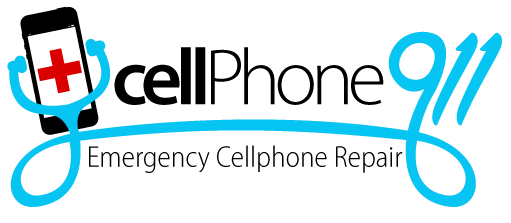Common Computer Repair Issues
Malware, including viruses and spyware, threatens computer security, causing data breaches and system instability, with symptoms like pop-up ads and sluggish performance.
In the realm of technology, computers stand as allies in our daily lives, aiding us in work, entertainment, communication, and beyond. However, like any intricate machine, computers are susceptible to various issues that may arise unexpectedly. These problems can disrupt our productivity and cause frustration, from minor glitches to major malfunctions.
Here, we delve into some of the common computer repair issues encountered by users and how they can be addressed.
Slow Performance
One of the most prevalent issues computer users face is sluggish performance. A computer that once zipped through tasks may suddenly become sluggish and unresponsive, leading to delays and inefficiencies. Causes for this slowdown range from insufficient RAM and storage space to background processes hogging system resources. To remedy this, performing regular maintenance tasks such as disk cleanup, optimizing startup programs, and upgrading hardware components can significantly improve performance.
Software Crashes and Freezes
Software crashes and freezes can occur for various reasons, including incompatible software updates, corrupt system files, or conflicts between programs. These crashes often result in loss of unsaved work and disruption of workflow. Troubleshooting software-related issues involves identifying problematic applications, updating software to the latest versions, and conducting system scans to detect and repair corrupted files.
Virus and Malware Infections
Viruses, spyware, and other forms of malware pose significant threats to computer security, compromising sensitive data and causing system instability. Common symptoms of malware infections include pop-up ads, unauthorized changes to system settings, and sluggish performance. Effective malware removal involves running comprehensive antivirus scans, installing security patches, and practicing safe browsing habits to prevent future infections.
Hardware Failures
Hardware failures can manifest in various forms, including malfunctioning hard drives, overheating processors, and defective RAM modules. These issues may result from physical damage, wear and tear, or manufacturing defects. Diagnosing hardware problems requires thorough testing of individual components using diagnostic tools and, if necessary, replacing faulty parts to restore functionality.
Internet Connectivity Problems
In today's interconnected world, a stable internet connection is essential for accessing online resources, communicating with others, and performing various tasks. Connectivity issues such as slow speeds, dropped connections, and network errors can stem from router misconfigurations, ISP outages, or wireless interference. Troubleshooting network problems involves checking router settings, resetting network adapters, and updating firmware to ensure seamless connectivity.
Operating System Errors
Operating system errors can occur due to corrupt system files, incompatible drivers, or faulty updates, resulting in boot failures, blue screen errors, and system crashes. Resolving these issues requires running system diagnostics, repairing corrupted files using recovery tools, and performing system restores to revert to a stable state.
While computers offer unparalleled convenience and functionality, they are not immune to technical issues that may arise unexpectedly. By understanding common computer repair issues and their underlying causes, users can take proactive measures to mitigate risks and ensure optimal performance. Whether through regular maintenance, software updates, or hardware upgrades, addressing these issues promptly can help prolong the lifespan of your computer and enhance your overall computing experience.
At Cellphone 911, we have skilled and trained technicians for all your computer repair and IMAC and Macbook repair needs. We serve the entire Phoenix Valley Metro area. Call us at 480-695-6756.

